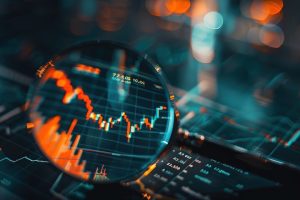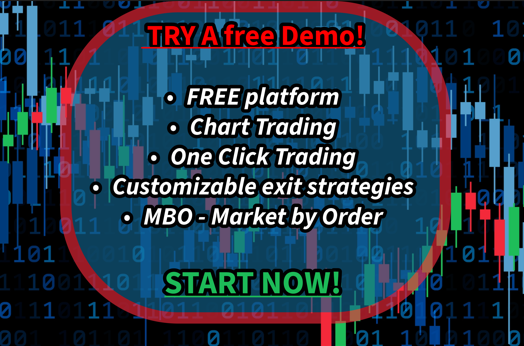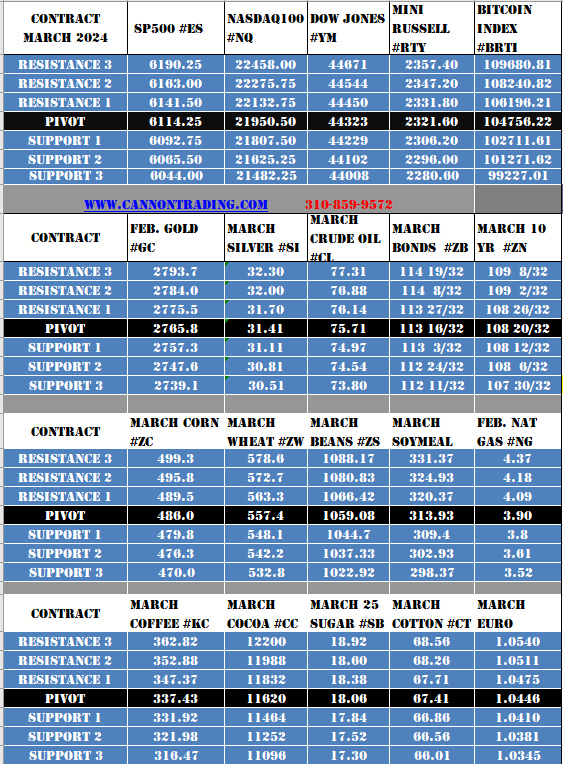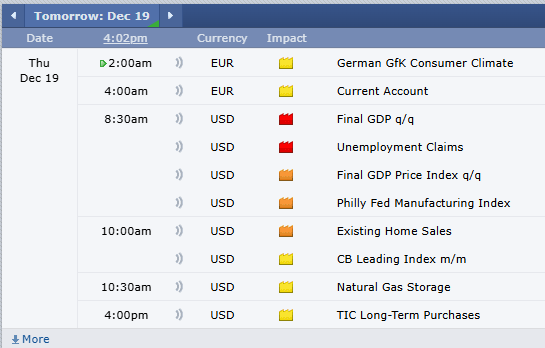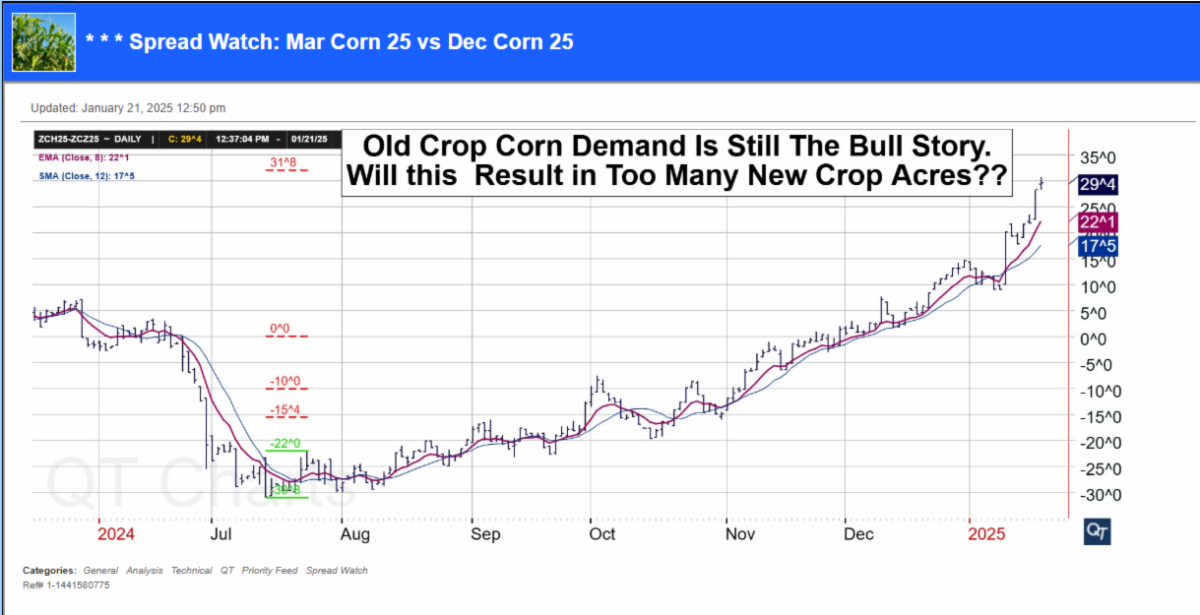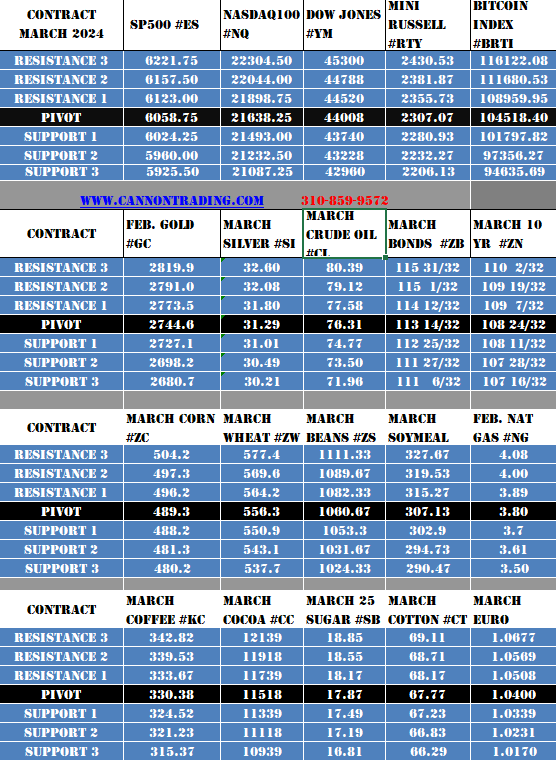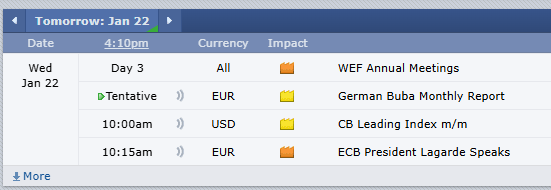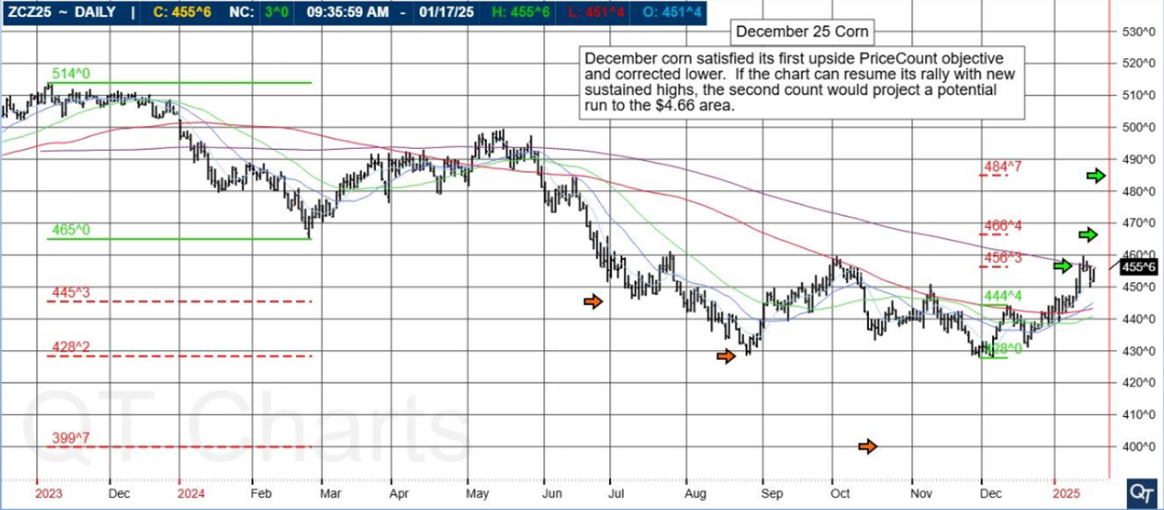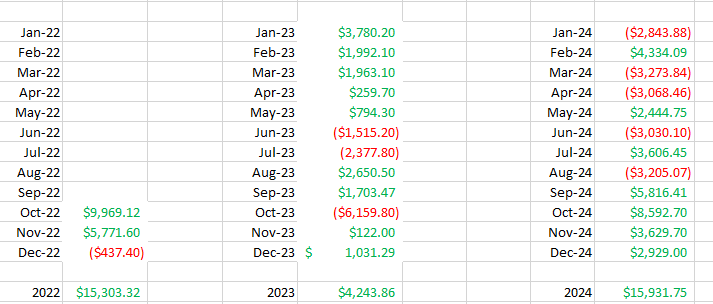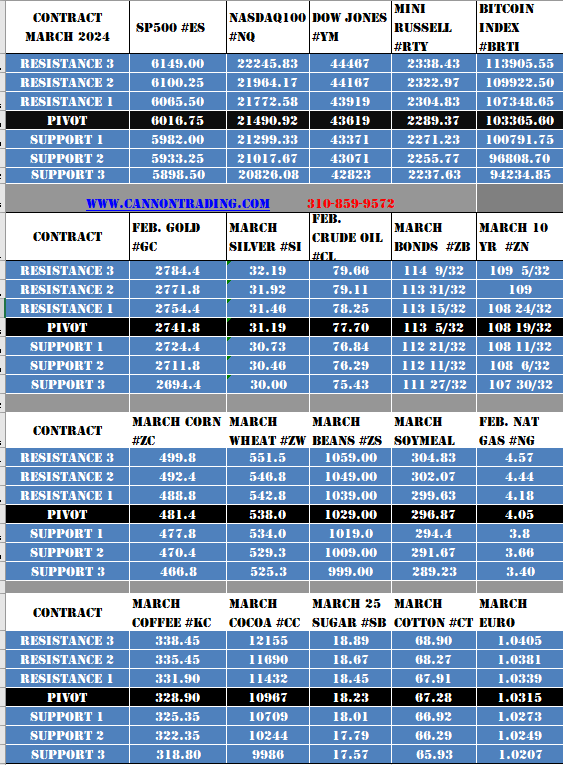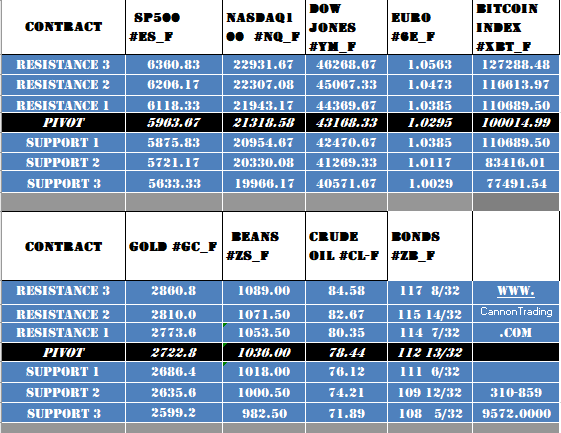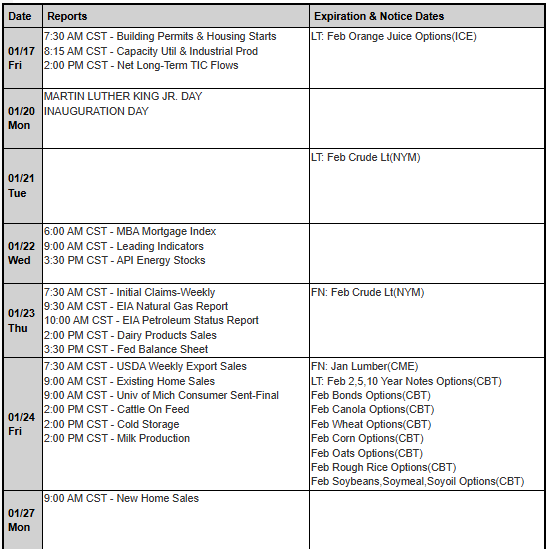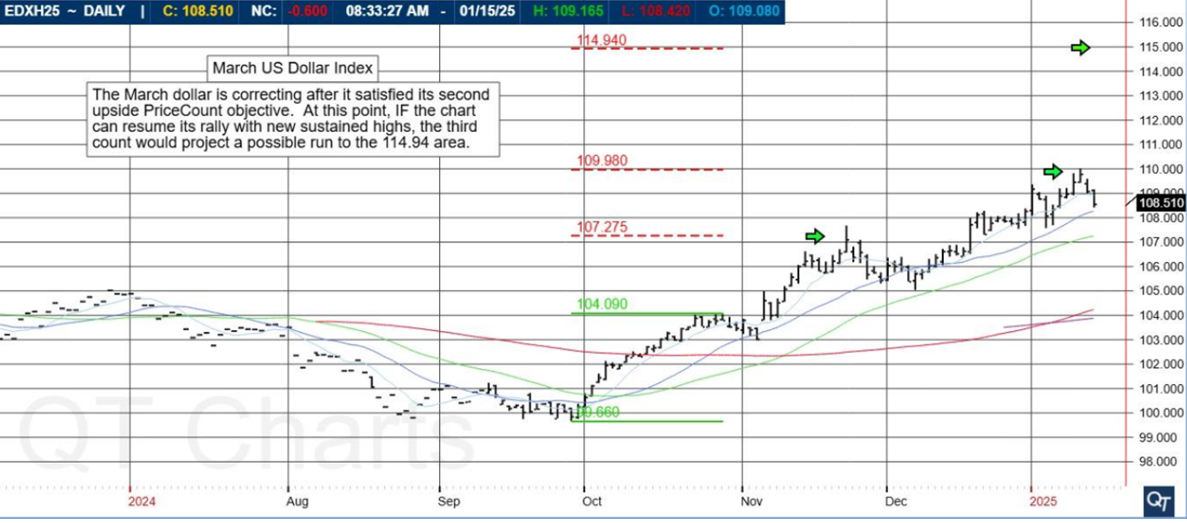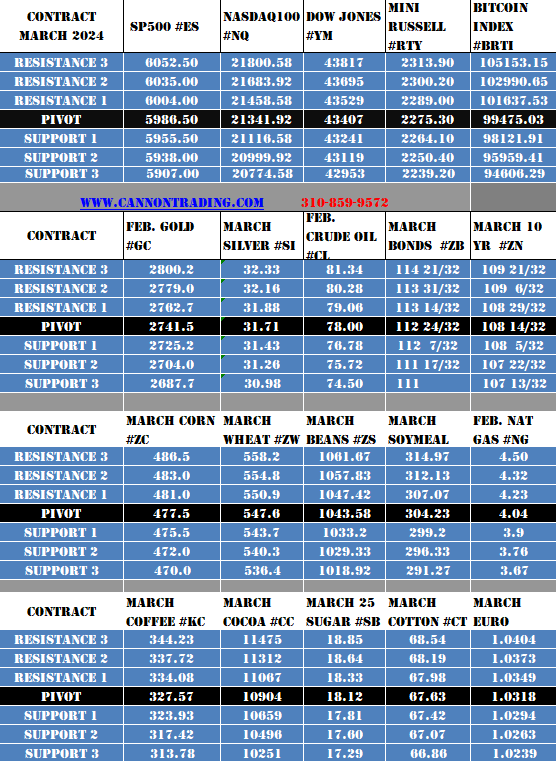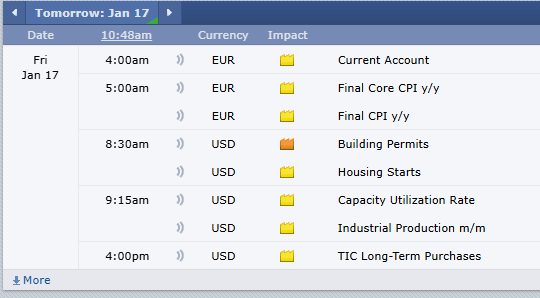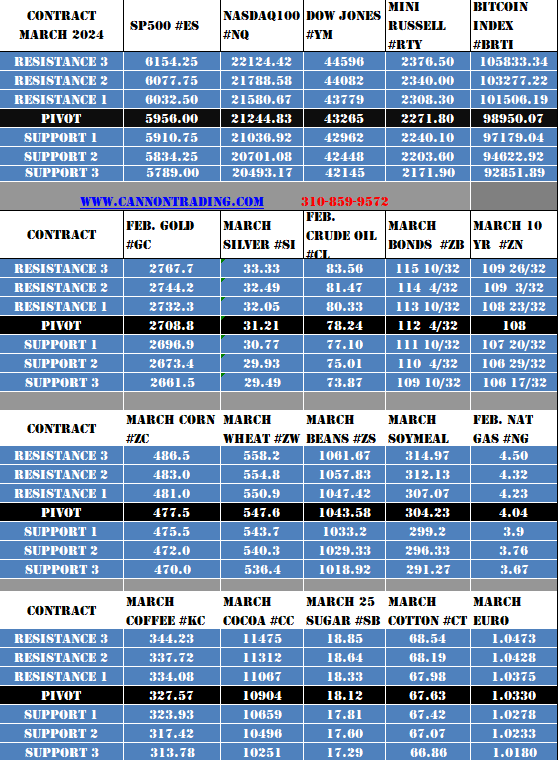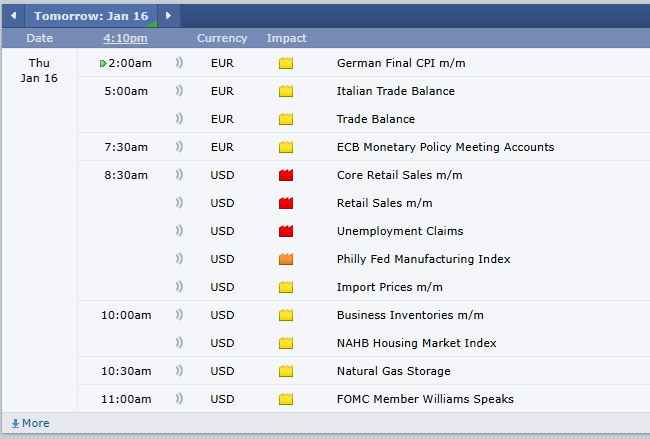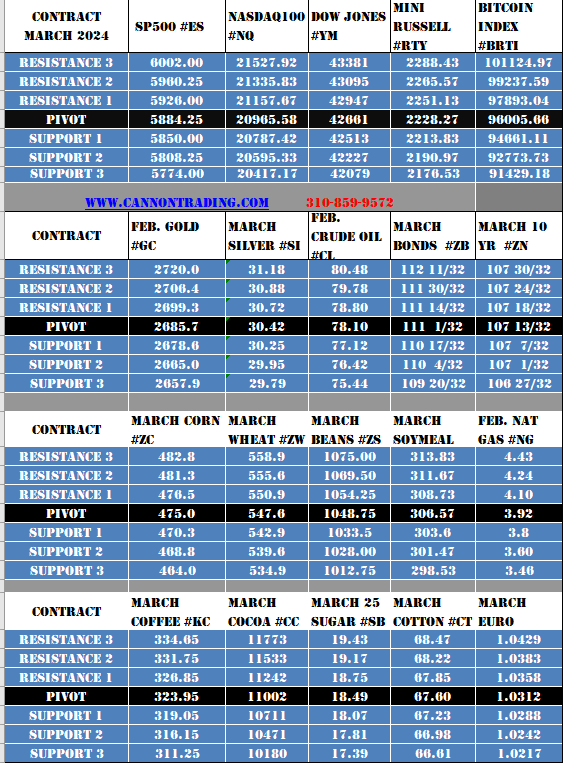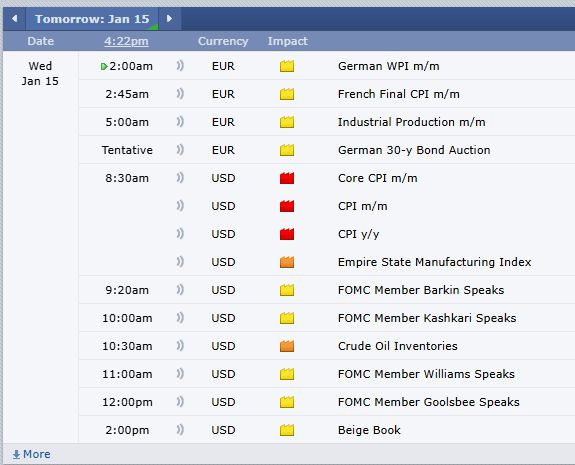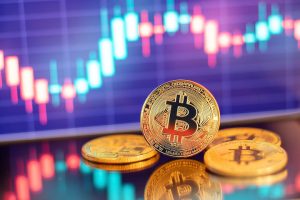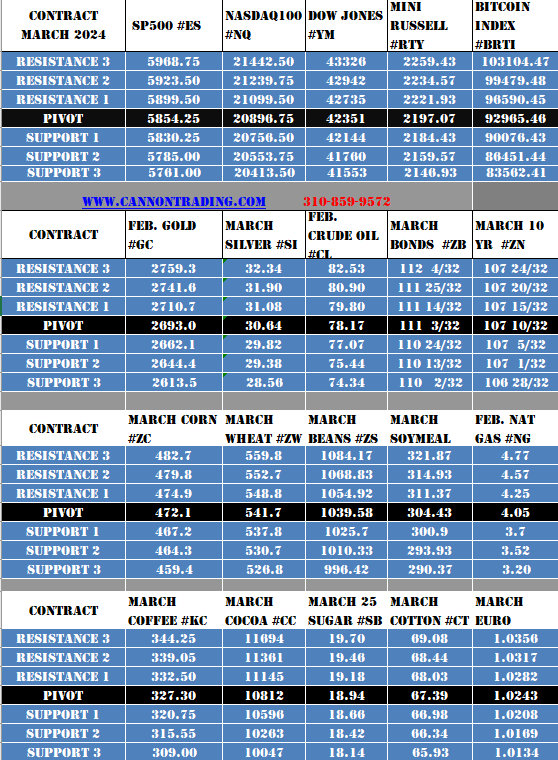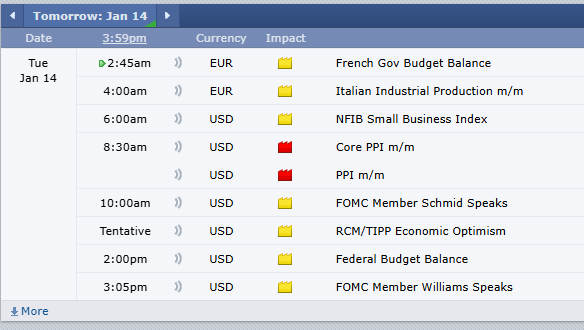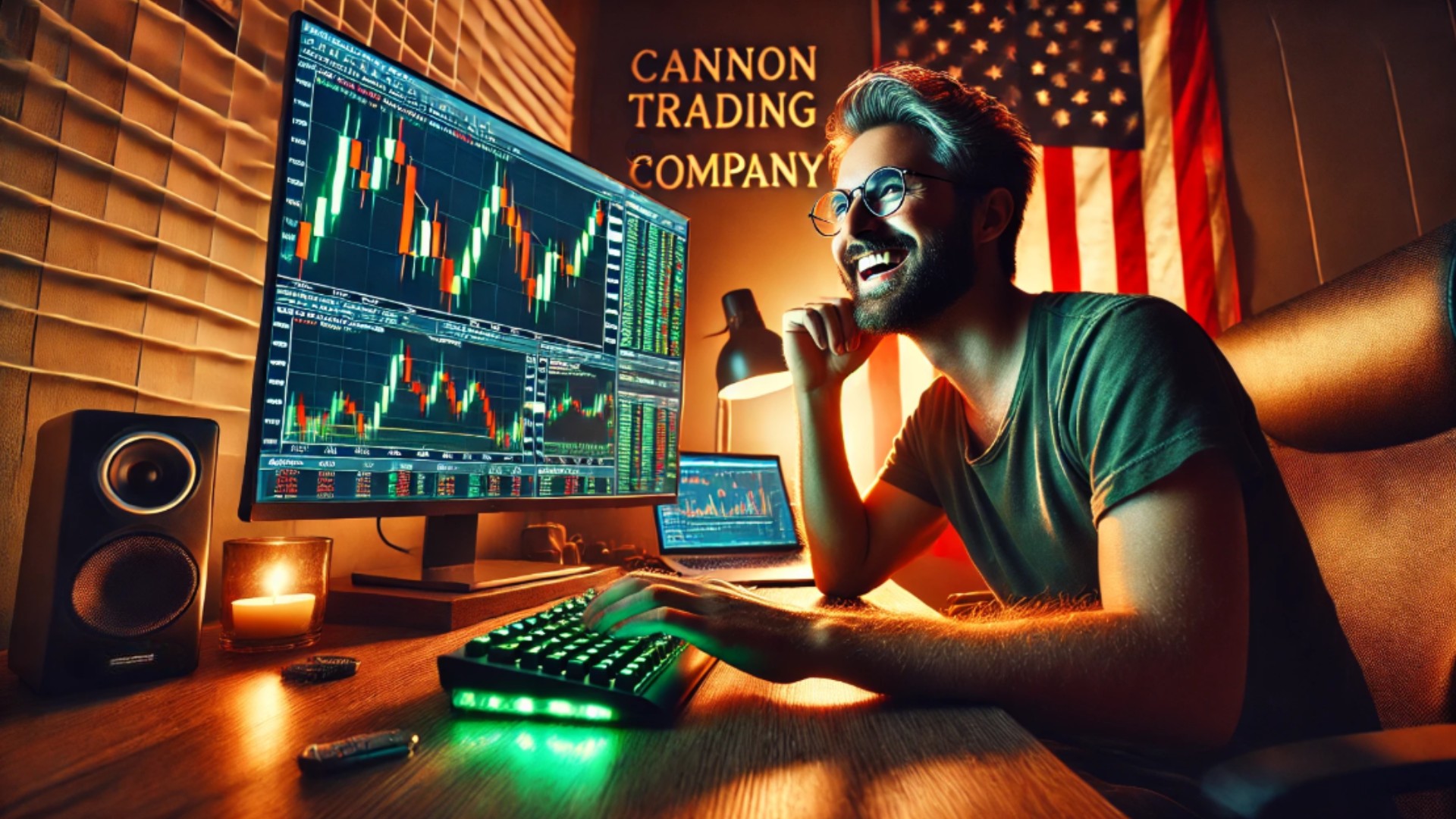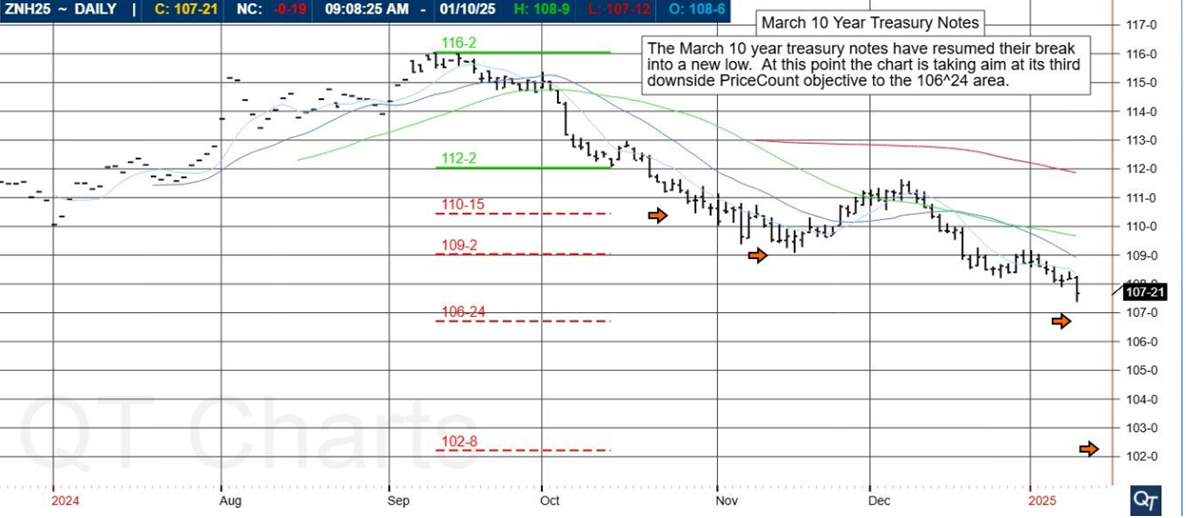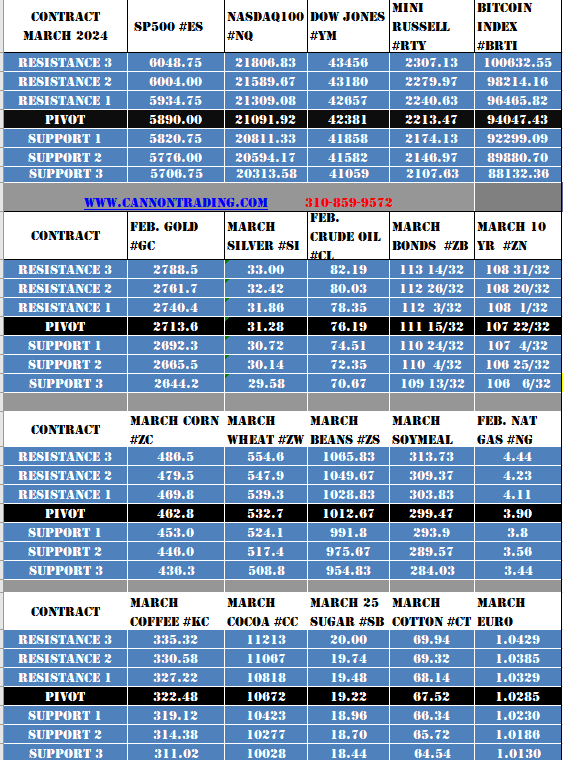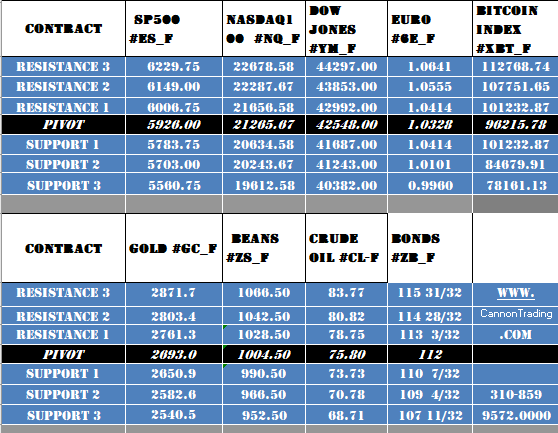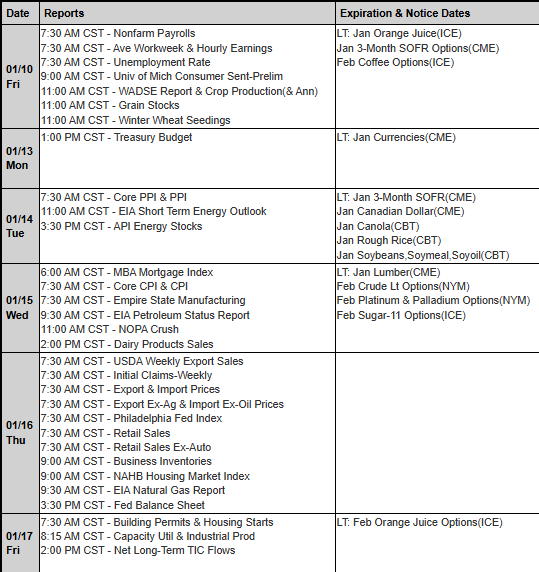Natural Gas (NG) futures have long captured the imagination of traders and investors worldwide, providing a unique blend of opportunity and volatility. Over the decades, natural gas evolved from a standard utility resource to a speculative commodity that drives significant activity in the futures markets. Understanding how this transition occurred, the factors influencing price movements, and the key figures involved in the rise of NG futures sheds light on their current prominence. Additionally, examining why Cannon Trading Company is a premier choice for trading futures contracts solidifies the importance of aligning with experienced brokers in navigating this dynamic market.
The Evolution of Natural Gas Futures as a Speculative Commodity
Natural gas, historically, was viewed as a straightforward energy resource—a reliable, abundant fuel for heating, electricity, and industrial uses. However, the deregulation of the energy markets in the late 20th century set the stage for its transformation into a speculative commodity. Before deregulation, natural gas prices were tightly controlled by government policies, ensuring stability but limiting market-driven price discovery. The Natural Gas Policy Act of 1978, followed by the full deregulation of wellhead prices in 1989, opened the floodgates for free-market dynamics.
As a result, natural gas began trading on commodity exchanges. The New York Mercantile Exchange (NYMEX) played a pivotal role, launching its first NG futures contracts in 1990. These contracts offered a standardized way to hedge and speculate on natural gas prices, providing transparency and liquidity to the market. Futures traders were drawn to the market’s volatility, driven by weather patterns, geopolitical events, and supply-demand dynamics.
Key Figures in the Rise of NG Futures
- Richard Sandor: Often dubbed the “father of financial futures,” Sandor’s vision for commodity markets extended to natural gas. His early work laid the groundwork for the development of energy futures, including NG futures.
- J. Aron & Company: This firm, which later became part of Goldman Sachs, was instrumental in pioneering energy trading strategies. J. Aron’s involvement in the natural gas markets during the early days of deregulation set the tone for speculative activity.
- Enron Corporation: Enron’s aggressive entry into the natural gas market in the 1990s exemplified the speculative nature of the commodity. The company’s rise and eventual collapse highlighted both the opportunities and risks inherent in NG futures trading.
These key players, alongside innovative traders and market makers, helped shape natural gas into the speculative powerhouse it is today.
Price Movements and Expectations for 2025
Natural gas prices are notoriously volatile due to their sensitivity to supply-demand imbalances, weather conditions, and geopolitical developments. Traders in 2025 can expect this volatility to persist, driven by several key factors:
- Weather Patterns and Seasonal Demand
Natural gas consumption spikes during extreme weather conditions—increasing in winter for heating and in summer for electricity-driven cooling. For instance, during the Polar Vortex of 2021, natural gas prices surged as demand outstripped supply. In 2025, similar weather phenomena could lead to sharp price swings. - Global Liquefied Natural Gas (LNG) Markets
The growing role of LNG in connecting U.S. natural gas supplies with global markets introduces new layers of complexity. Price movements in 2025 will likely reflect global economic conditions, international demand, and shipping constraints. - Regulatory and Environmental Policies
With the global push toward renewable energy, regulations affecting fossil fuels will play a significant role. Policies aimed at reducing carbon emissions or incentivizing renewable energy could impact natural gas demand and, consequently, futures prices. - Technological Innovations in Energy Extraction
Technological advancements in hydraulic fracturing and horizontal drilling have made natural gas extraction more efficient, affecting supply levels. Traders will need to monitor these developments closely in 2025 to anticipate changes in production trends and costs.
Hypothetical Trading Scenario for 2025
A futures trader anticipating a colder-than-usual winter might buy NG futures contracts in late summer when prices are typically lower. If severe weather materializes, driving up demand, the trader could sell the contracts at a premium. Conversely, if the forecast proves inaccurate, the trader could face losses. This scenario underscores the importance of market research and risk management.
In another scenario, a futures trader could analyze global LNG shipping trends and identify potential supply chain disruptions. By purchasing NG futures in anticipation of these disruptions, the trader positions themselves to capitalize on the resulting price increases.
Real-Life Anecdotes and Case Studies
One of the most notable cases in natural gas trading involves hedge fund Amaranth Advisors, which lost $6.6 billion in 2006 due to poorly managed NG futures bets. The firm’s trader, Brian Hunter, had taken large positions expecting a rise in natural gas prices that did not materialize. This cautionary tale emphasizes the inherent risks in futures trading and the need for disciplined strategies.
In contrast, savvy traders like John Arnold, a former Enron trader and founder of Centaurus Advisors, have successfully navigated the natural gas markets. Arnold’s ability to anticipate market trends and manage risk made him a legend in the energy trading world.
Another compelling example is the 2021 winter storm in Texas, which disrupted natural gas supply chains. Traders who had hedged their positions effectively managed to profit from the unforeseen supply shortages. This highlights the value of using NG futures to mitigate risk and capitalize on market opportunities.
Why Choose Cannon Trading Company for Futures Trading?
For traders seeking to navigate the complexities of NG futures, partnering with a reputable broker is paramount. Cannon Trading Company stands out as a top choice for several reasons:
- Wide Selection of Top-Performing Trading Platforms
Cannon Trading offers a range of platforms tailored to meet the needs of both novice and experienced traders. Whether you prefer a user-friendly interface or advanced analytics, Cannon has a platform to suit your trading style. - Decades of Experience
With over 30 years in the futures markets, Cannon Trading has a deep understanding of market dynamics. Their seasoned brokers provide valuable insights and support, helping traders make informed decisions. - Exemplary Reputation with Regulatory Bodies
Cannon Trading maintains a stellar reputation with regulatory bodies, ensuring compliance and transparency. This commitment to integrity builds trust with traders and reinforces their position as a leading futures broker. - 5 out of 5-Star Ratings on TrustPilot
Customer satisfaction is a cornerstone of Cannon Trading’s success. The firm’s high TrustPilot ratings reflect its dedication to providing exceptional service and support. - Comprehensive Educational Resources
Cannon Trading provides a wealth of educational materials to help traders enhance their knowledge. From webinars to in-depth guides on NG futures, these resources empower traders at every experience level.
Natural gas futures have evolved into a vital component of the global energy markets, offering opportunities for hedging and speculation. The market’s journey from a regulated utility resource to a speculative commodity underscores the transformative power of deregulation and innovation. Traders entering the NG futures market in 2025 can expect continued volatility influenced by weather, global LNG trends, regulatory developments, and technological advancements.
For those looking to trade NG futures, Cannon Trading Company provides the tools, expertise, and trustworthiness needed to succeed. With its wide selection of trading platforms, decades of experience, and impeccable reputation, Cannon Trading is an ideal partner for navigating the dynamic world of futures trading.
For more information, click here.
Ready to start trading futures? Call us at 1(800)454-9572 – Int’l (310)859-9572(International), or email info@cannontrading.com to speak with one of our experienced, Series-3 licensed futures brokers and begin your futures trading journey with Cannon Trading Company today.
Disclaimer: Trading Futures, Options on Futures, and retail off-exchange foreign currency transactions involve substantial risk of loss and are not suitable for all investors. Past performance is not indicative of future results. Carefully consider if trading is suitable for you in light of your circumstances, knowledge, and financial resources. You may lose all or more of your initial investment. Opinions, market data, and recommendations are subject to change at any time.
Important: Trading commodity futures and options involves a substantial risk of loss. The recommendations contained in this article are opinions only and do not guarantee any profits. This article is for educational purposes. Past performances are not necessarily indicative of future results.
This article has been generated with the help of AI Technology and modified for accuracy and compliance.
Follow us on all socials: @cannontrading

